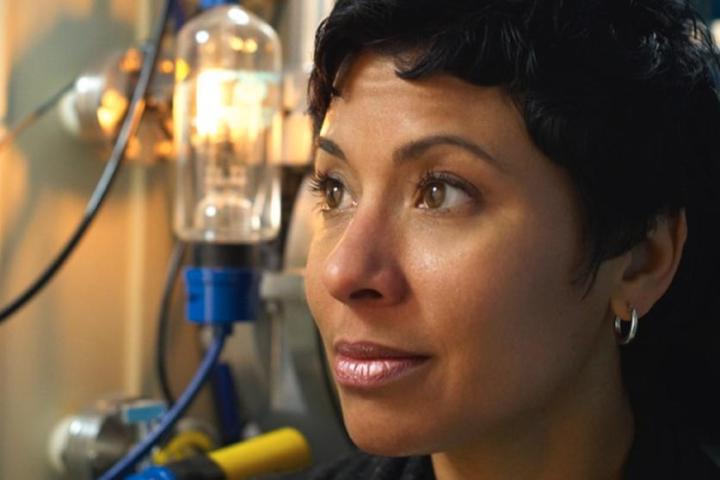
Despite improvements in longevity, the lithium-ion batteries commonly found in gadgets haven’t much changed since their introduction by Sony in 1991. The problem has largely been one of volume: Most modern-day designs rely on liquid electrolytes to transport electrons within the battery and subsequently produce electricity, but this requires a sizeable enclosure. Satki3’s technology, conversely, uses solid lithium electrodes that can be packed densely, allowing future batteries to hold much more energy in a thinner, lighter package.
In addition to being cheaper, more environmentally friendly, and easier to make than conventional batteries, Sakti3’s technology is associated with few of the drawbacks of other proposed successors to lithium-ion batteries. Those include sulphur-based batteries, which have historically proven unsafe.
The terms of Sakti3’s joint agreement stipulates that its batteries will appear in Dyson products first. However, Dyson joins other investors, including Khosla Ventures, General Motors, and others, looking to incorporate the technology into gadgets of their own. Alternative energy cars from manufacturers like Tesla especially stand to benefit. Currently, top-of-the-line electric cars max out at a range of around 300 miles.
“This is a very significant event for the company,” Sakti3 CEO Ann Marie Sastry said in an interview with the Guardian. “Dyson is a multibillion-dollar global design, engineering, and manufacturing company — and they have the will, the need and the capability to […] scale quickly.”


